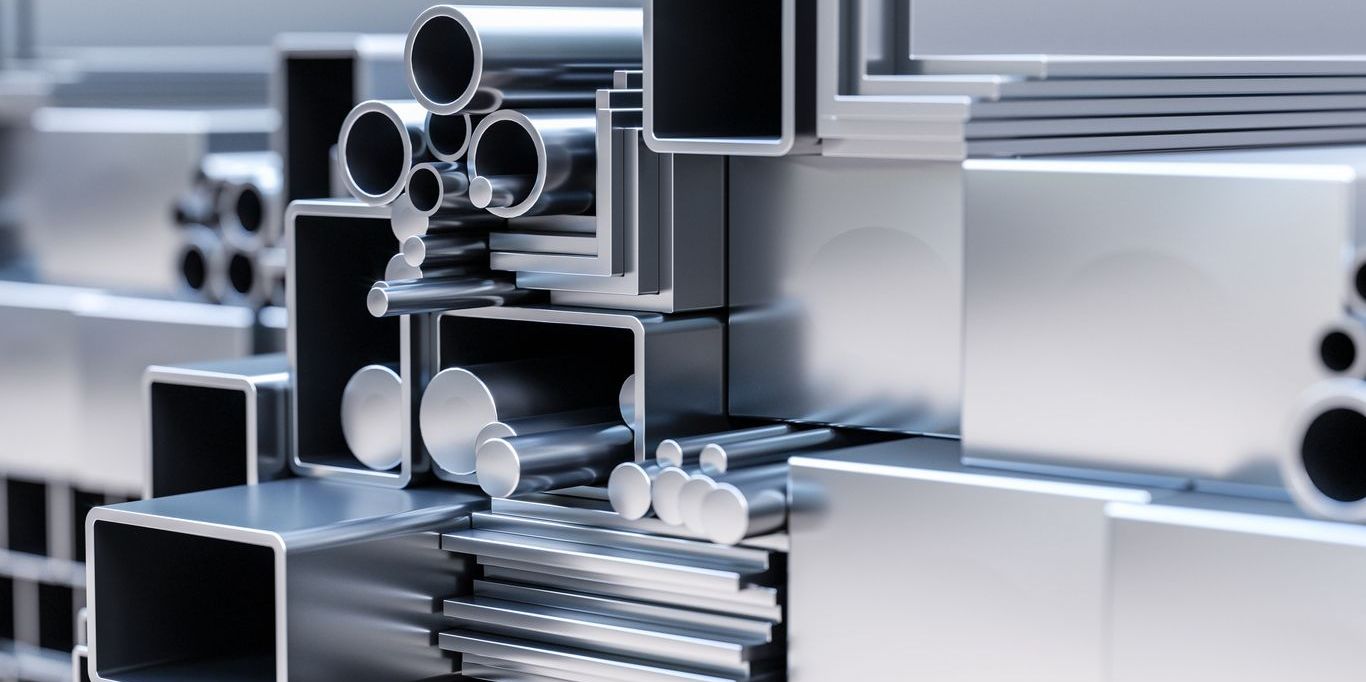What is a Metallurgist?
A metallurgist is a scientist who studies metals and their properties to understand how they behave under different conditions. Metals are essential materials used in everything from buildings and bridges to electronics and medical devices. Metallurgists explore how metals can be made stronger, lighter, or more resistant to wear and corrosion, helping to improve the performance and durability of countless products.
Metallurgists work with a wide range of metals, including steel, aluminum, copper, and titanium. They analyze the internal structures of metals at the atomic level and study how different processes, such as heating, cooling, and mixing with other elements, affect their properties. By understanding these changes, they can develop new alloys and improve existing metals for better efficiency and reliability in industries like aerospace, automotive, and construction.
What does a Metallurgist do?

Duties and Responsibilities
A metallurgist’s duties and responsibilities focus on studying, testing, and improving metals for various applications. Below are some key responsibilities:
- Material Analysis and Testing: Conducting experiments to study the physical, mechanical, and chemical properties of metals, such as strength, hardness, corrosion resistance, and heat tolerance.
- Developing and Improving Alloys: Creating new metal alloys or enhancing existing ones by combining different elements to achieve specific properties for industrial use.
- Heat Treatment and Processing: Controlling processes like heating, cooling, and mechanical working to modify metal properties and enhance performance.
- Failure Analysis: Investigating why metals fail or degrade over time and recommending improvements to prevent issues such as cracks, wear, or corrosion.
- Quality Control and Compliance: Ensuring metals meet industry standards, regulations, and customer requirements by conducting tests and inspections.
- Research and Innovation: Developing new techniques and materials to improve metal performance in industries like aerospace, automotive, and medical technology.
- Collaboration with Engineers and Scientists: Working with professionals in related fields to design better products, improve manufacturing processes, and solve technical challenges.
- Environmental and Sustainability Efforts: Finding ways to reduce waste, recycle metals, and develop more energy-efficient and eco-friendly materials.
Types of Metallurgists
Metallurgists specialize in different areas depending on the focus of their work. The main types of metallurgists include:
- Physical Metallurgists: Study how metals behave under stress, heat, and other conditions. They focus on improving metal strength, durability, and performance by modifying their structure through processes like heat treatment and alloying.
- Extractive Metallurgists: Work on extracting metals from ores and refining them for industrial use. They develop and improve methods such as smelting, leaching, and electrolysis to efficiently separate metals from raw materials.
- Process Metallurgists: Focus on the manufacturing and processing of metals into final products. They work to optimize methods like casting, rolling, and welding to improve efficiency, reduce waste, and enhance product quality.
- Mineral Processing Metallurgists: Specialize in separating valuable metals from ores using techniques like flotation, magnetic separation, and chemical processing. Their work ensures that raw materials are purified before further refinement.
- Corrosion Metallurgists: Study how metals degrade over time due to environmental factors like moisture, chemicals, and temperature changes. They develop protective coatings, treatments, and corrosion-resistant materials to extend the lifespan of metal products.
Metallurgists have distinct personalities. Think you might match up? Take the free career test to find out if metallurgist is one of your top career matches. Take the free test now Learn more about the career test
What is the workplace of a Metallurgist like?
The workplace of a metallurgist depends on their area of specialization and the industry they work in. Some metallurgists work in laboratories, where they analyze metal samples using advanced tools like microscopes and spectrometers. They conduct experiments to test the strength, durability, and composition of metals, helping to improve materials for different applications. These labs can be found in research institutions, universities, and private companies that develop new metal products.
Other metallurgists work in industrial settings such as factories, steel mills, and mining operations. In these environments, they oversee the production and processing of metals, ensuring quality control and efficiency. They may be involved in refining raw materials, developing new alloys, or optimizing metal manufacturing processes. These workplaces can be noisy and require safety gear like helmets, goggles, and gloves to protect against heat and chemicals.
Some metallurgists also work in office settings, where they focus on data analysis, product design, and technical consulting. They may collaborate with engineers, manufacturers, and researchers to solve problems related to metal performance and production.